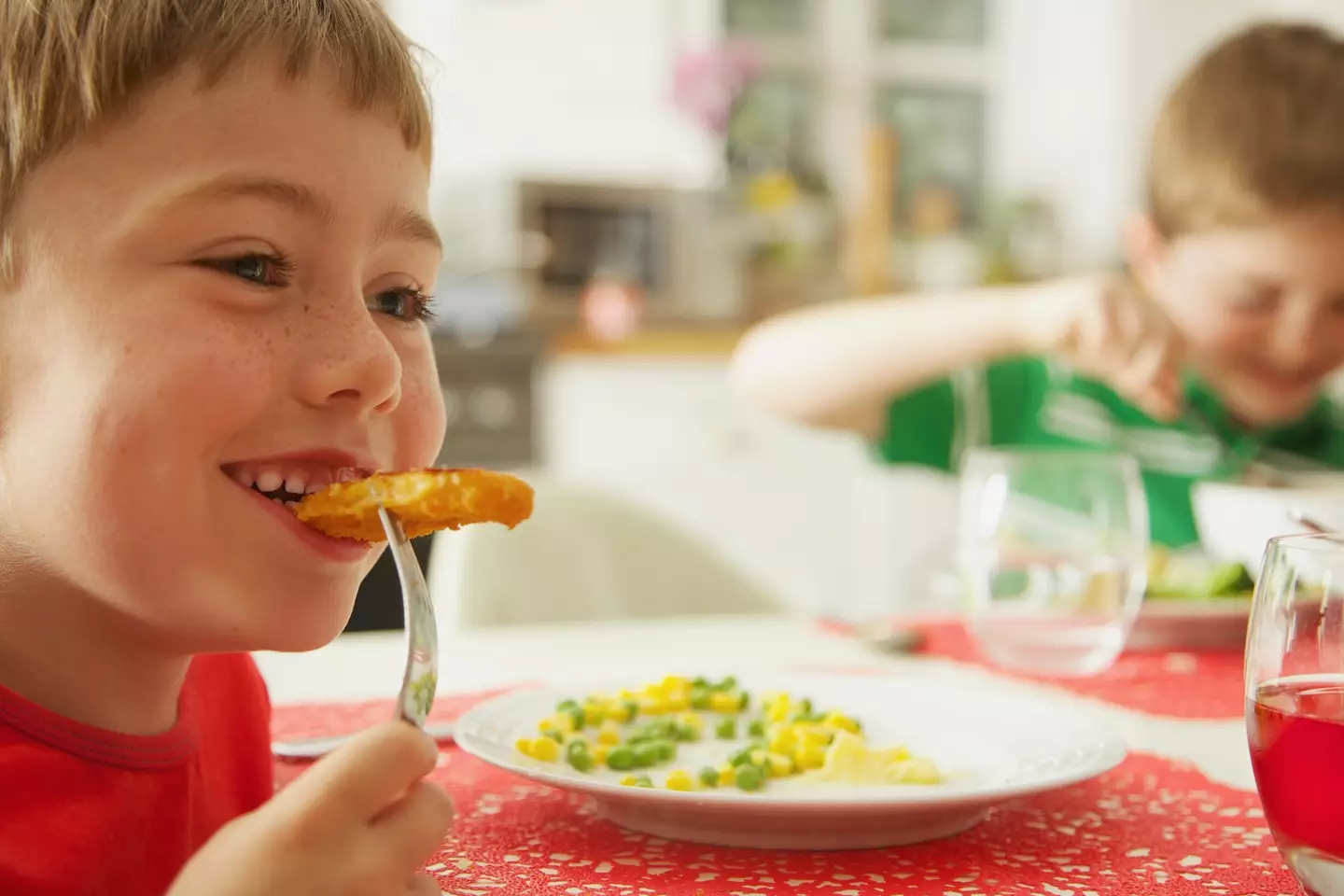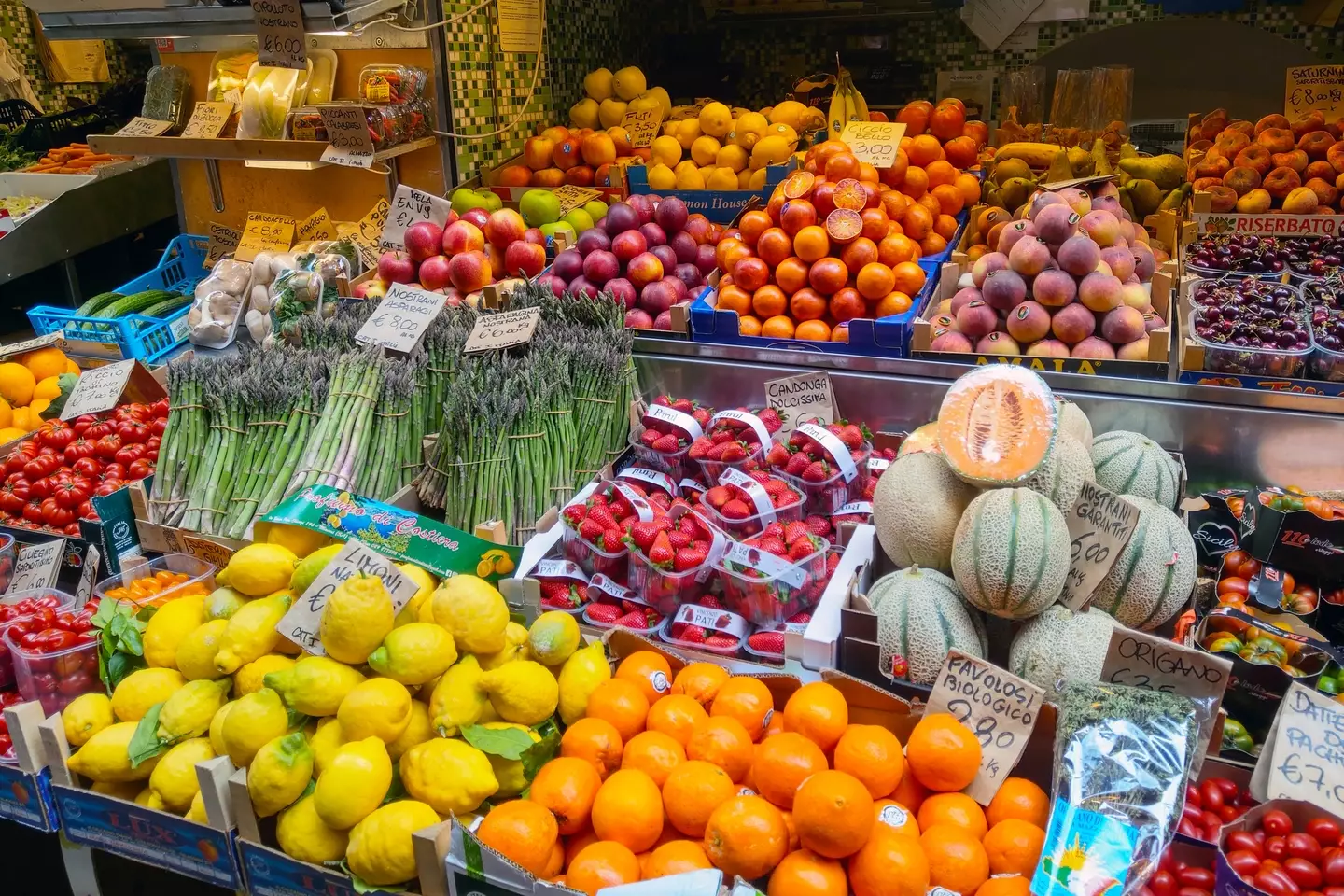
Perhaps the Biggest Bad in the food world right now is the arcane concept of ‘ultra-processed foods’ (UPFs).
Everywhere you look there are people decrying food labels with more than a handful of listed ingredients, fears over what ‘emulsifiers’ and the like might be doing to our bodies, and general distrust of anything that isn’t obviously a whole food.
The trouble is that the definition for UPFs is pretty hazy, as indeed is a general understanding of what a ‘processed’ food is. After all, if you cook something then it’s processed, but cooking our food has been cited as a key reason why we humans were able to develop such powerful brains. That doesn’t sound so bad, does it? Where do we draw the line on 'processed' foods?

Advert
People have also become wary of things like pasteurisation that makes cow’s milk safe for us to drink without the risk of getting sick – unless you’re lactose intolerant, of course – raising concerns that people may be putting their health at risk by opting for ‘raw’ food in the belief that natural is always better.
‘Natural’, of course, is not always better.
Your definition of ‘natural’ might also be rocked by the revelation that there’s no such thing as wild broccoli. Meanwhile, red meat, a favourite food among the ‘natural’ food movement, has also been heavily linked with causing colon and bowel cancers.
In effect, we simply don’t have the right metrics with which to measure these things, and limited public awareness over food processing practices and the various preservatives common to them has inspired heightened wariness that may be unfounded.
Writing in Men’s Health, registered dietician Kelsey Kunik explained why she isn’t precious about UPFs and doesn’t break a sweat over her kids eating the stuff.
“The judgment about food choices today is loud, especially when it comes to ultra-processed foods (UPFs),” she wrote. “Somewhere along the way, an all-or-nothing approach has replaced any sense of balance when it comes to our food.
“Instead of encouraging people to eat more nutrient-dense options, like whole grains, fruits, and vegetables, we’ve shifted the conversation toward a rigid – and unhelpful – narrative that suggests eating processed foods means you don’t care about your health, or that of your family.”
She noted that a high intake of UPFs has indeed been linked with ‘a greater risk of heart disease, diabetes, obesity, and mental health disorders like anxiety and depression’.
“The relationship seems to be dose-dependent, meaning the more UPFs you eat, the more likely you are to have one of these health conditions,” she said. “I can see this being especially true if a diet includes mostly UPFs, leaving little room for nutrient-dense foods.”
She then hits the nail on the head when it comes to how confused and muddied this conversation has become, particularly where current research is concerned:
“What gets overlooked is how tangled these associations can be. A 2024 study of the diet and lifestyle habits of 1,766 adults found that people who ate higher amounts of UPFs were also more likely to have other health risks, such as smoking, a sedentary lifestyle, and a lower socioeconomic status.
“Each of these factors is independently associated with an increased risk for chronic disease, which makes it hard to blame UPFs alone.”
She goes on to highlight that various foods labelled as UPFs offer plenty of nutritional value, such as cereals that have been fortified with vitamins and nutrients, and protein-rich frozen foods like fish fingers and chicken nuggets.
Kunik says that UPFs can also be a useful tool for managing the stresses of parenthood, noting that the pressures to be a perfect parent can end up having the opposite effect.
“While we’re so focused on the dangers of serving fish fingers with dinner, let’s not forget about the impact that stress has on our health,” she said.
“Chronic stress increases the risk of heart disease, diabetes, cancer, autoimmune diseases, depressed immune function, and many, many more conditions that negatively impact our health and wellbeing.

“I don’t know about you, but if serving chicken nuggets with apple slices, yogurt, and carrot sticks at the end of a long day feels easier, less stressful, and gives me more time and energy to be present with my kids, I’m calling that a win.”
Of course, as Kunik said previously, the ‘dosage’ is an important factor in considering the risks of UPFs, and dismissing them out of hand may be counterproductive.
“Do I want my diet to be based on UPFs?” she asked herself. “No. Am I encouraging people to eat more of them? Of course not. But I do believe that including some of these foods in your diet may actually help you eat a more nutritionally complete and healthy diet overall.”
